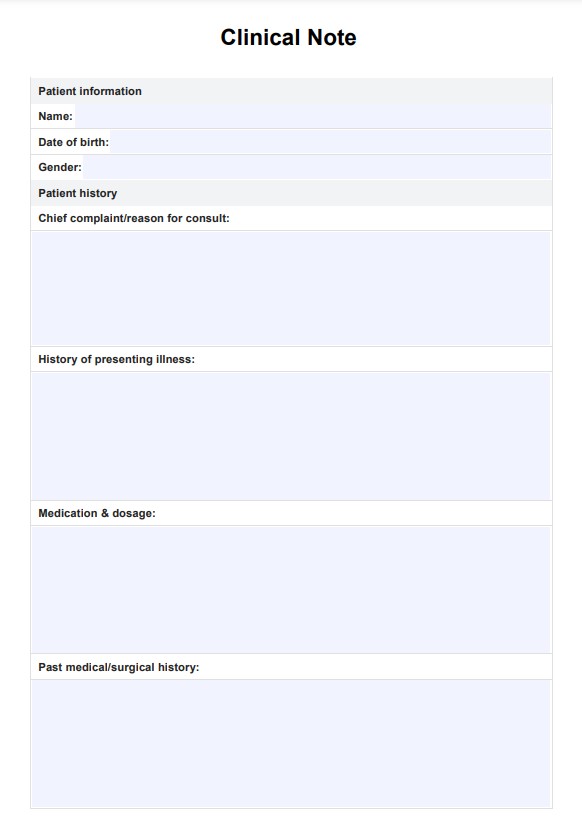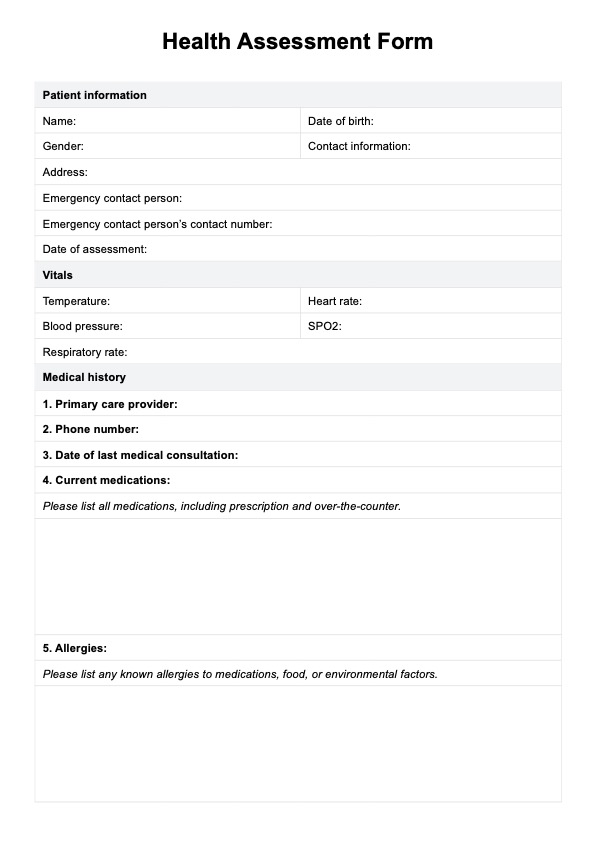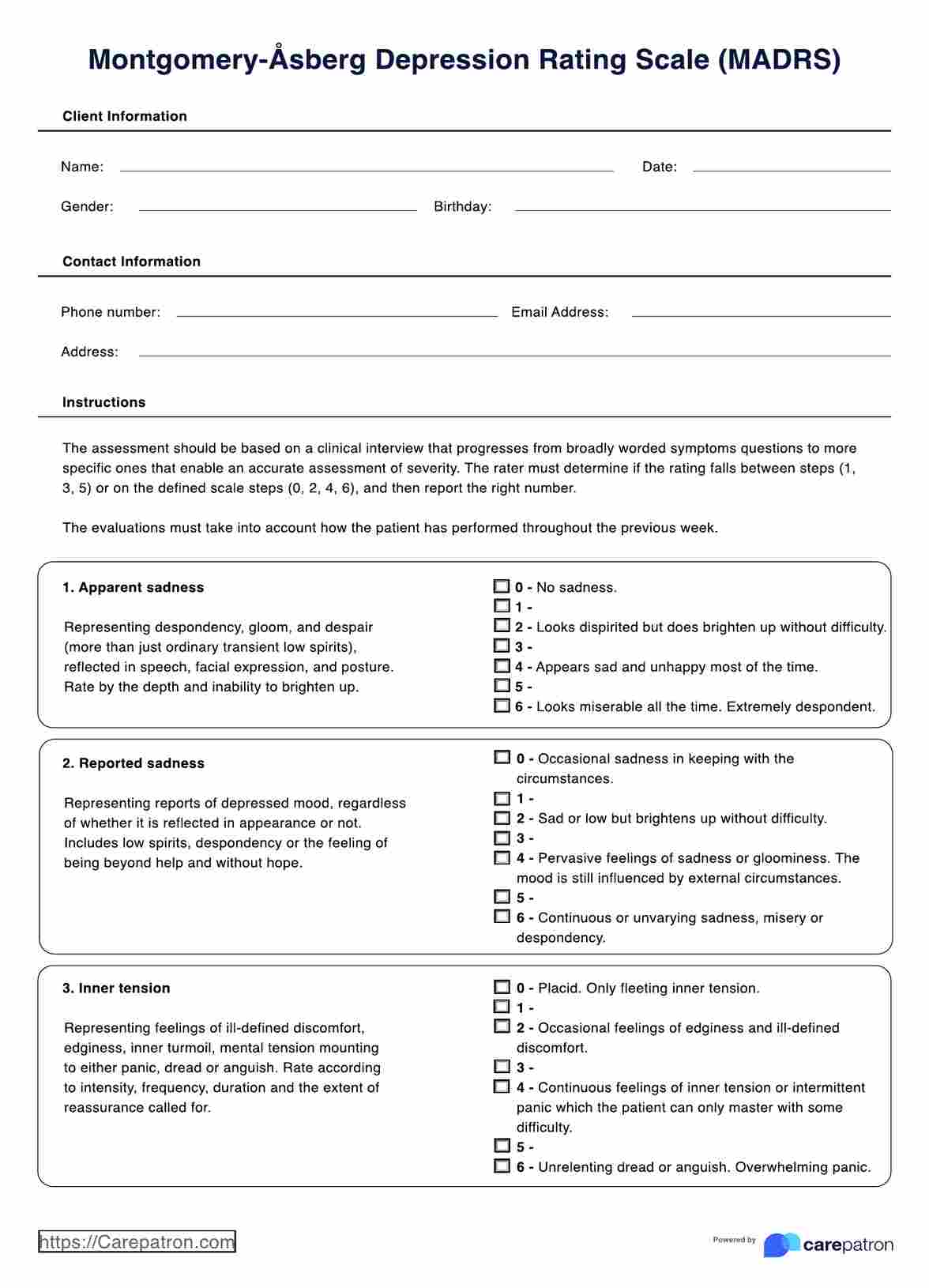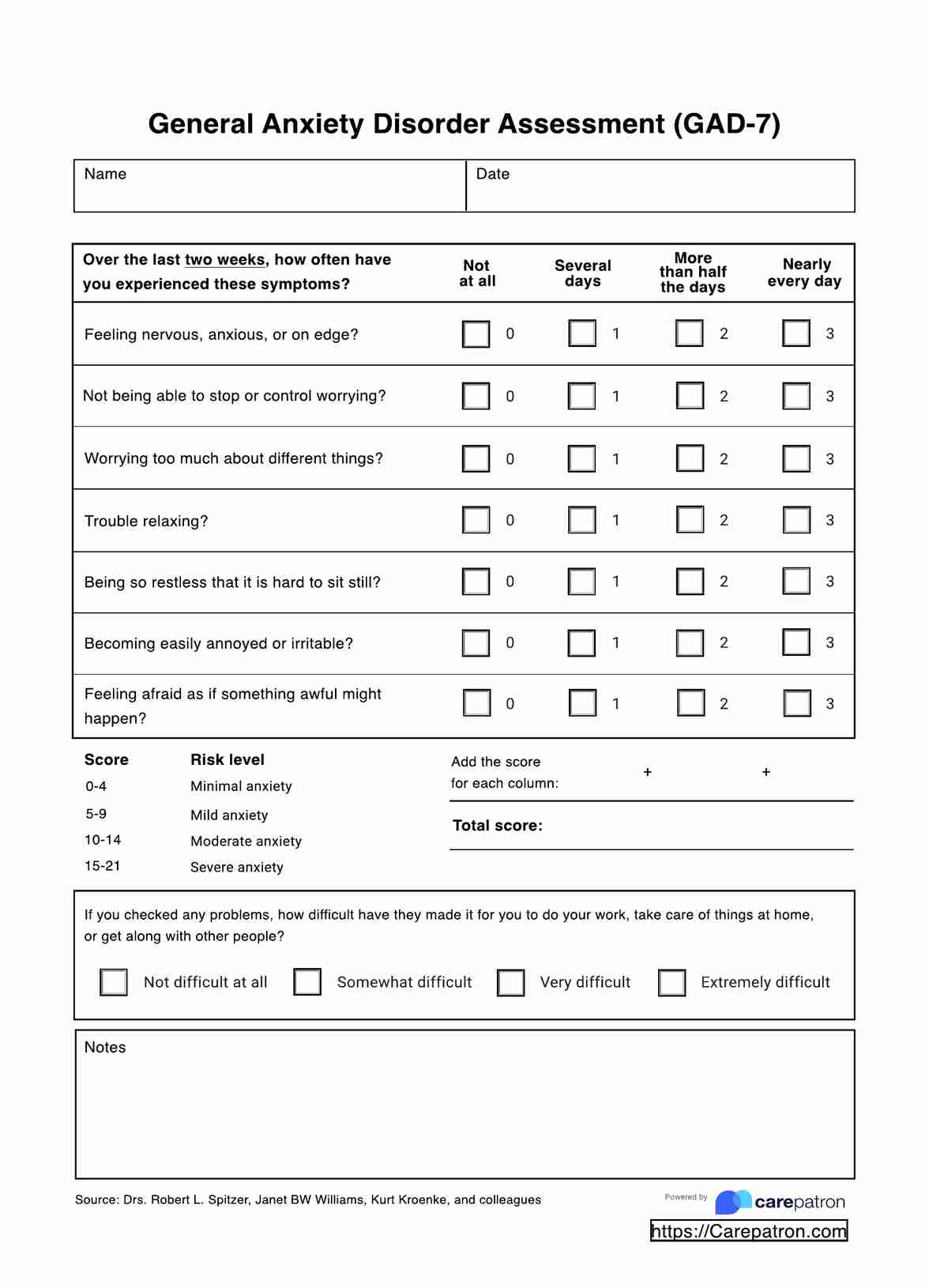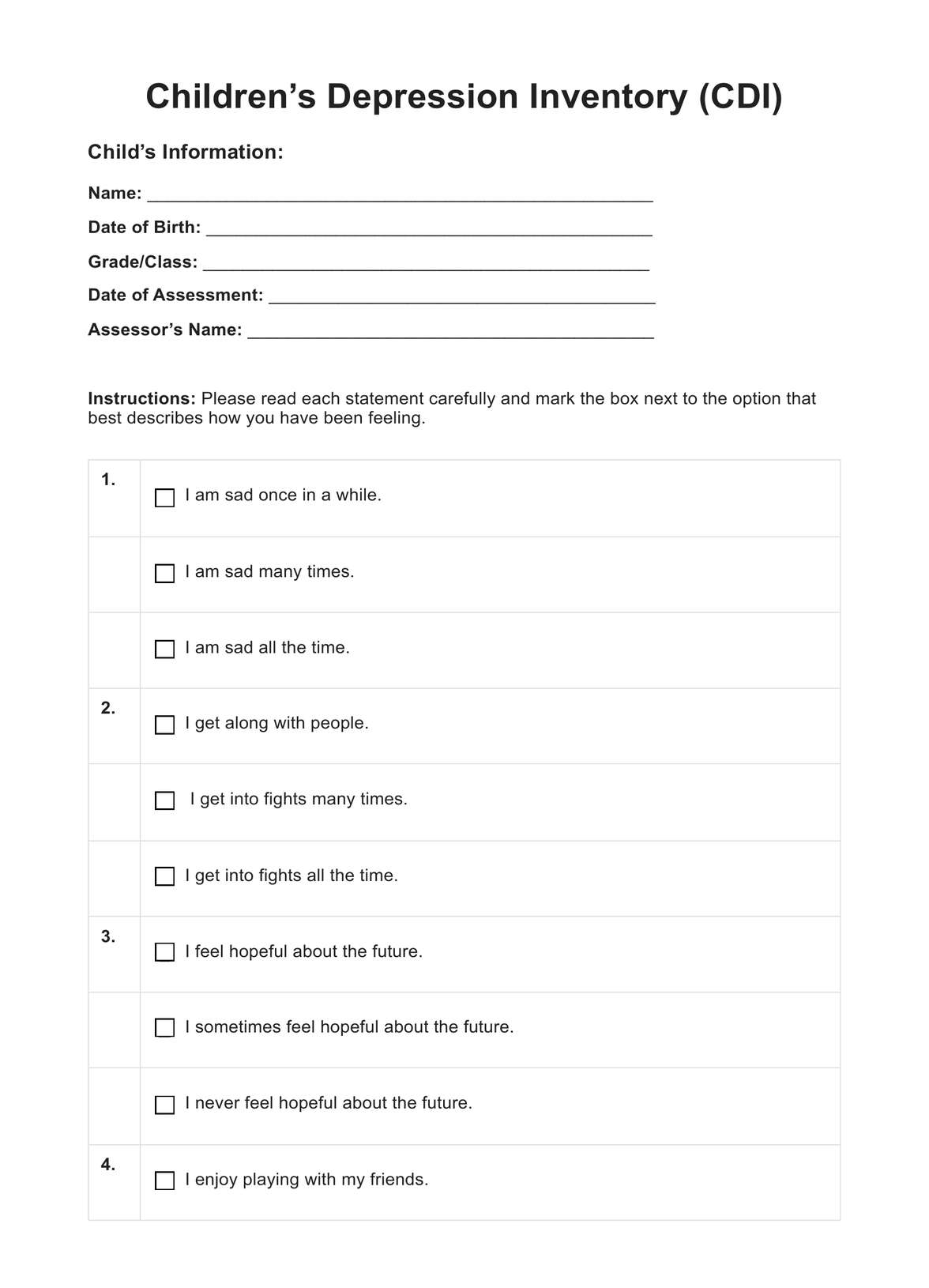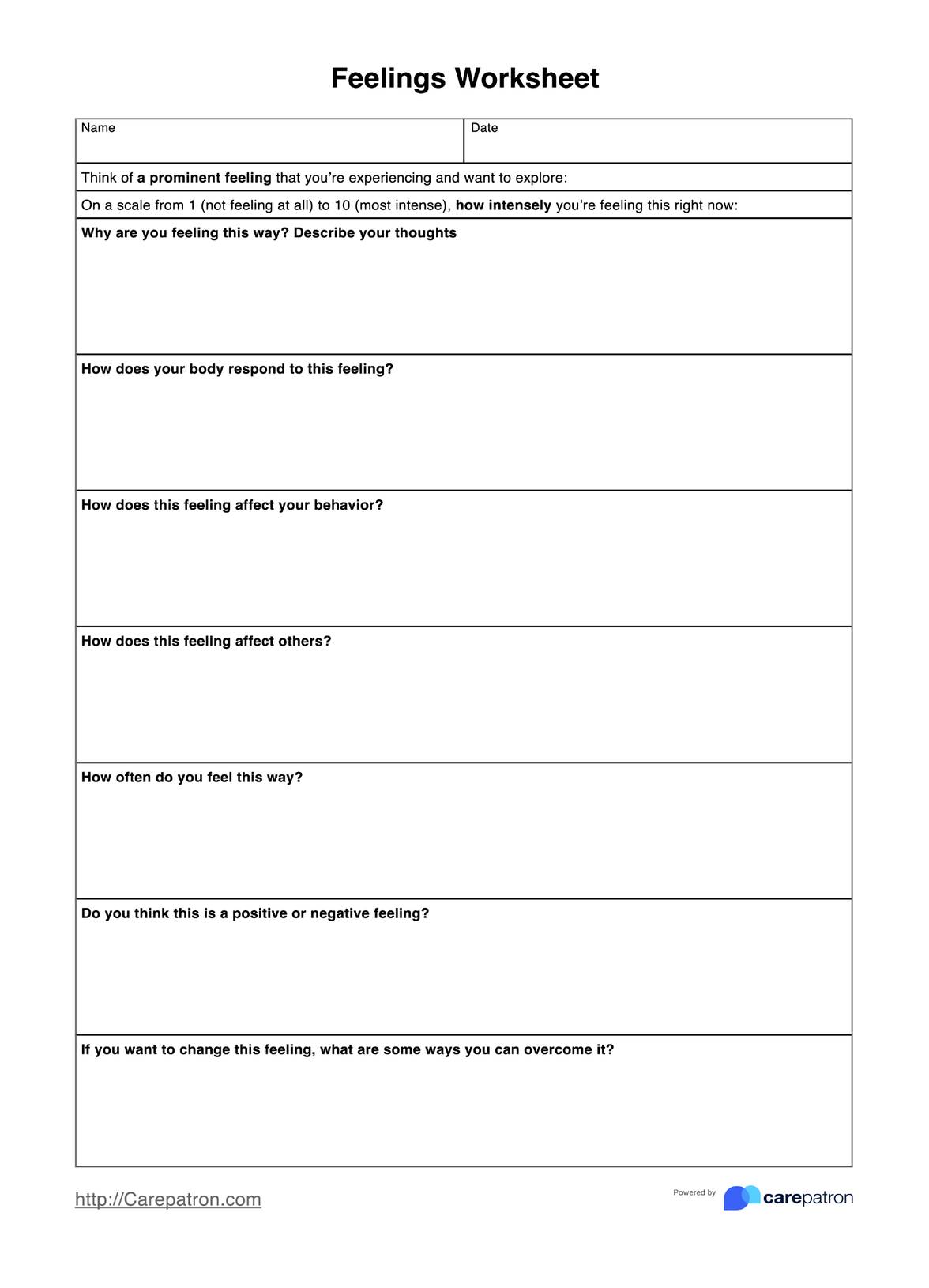Reclaiming Your Life PTSD Worksheet
Empower healing and resilience with the Reclaiming Your Life PTSD Worksheet for overcoming trauma and finding peace in healthcare.


What is Trauma and PTSD?
Trauma is a psychological and emotional response to an overwhelmingly distressing event or series of events that can profoundly impact an individual's well-being. Traumatic experiences can vary widely, including accidents, natural disasters, physical or emotional abuse, combat, or witnessing violence. These events can disrupt one's sense of safety, control, and equilibrium, leaving behind emotional scars.
is a specific mental health condition that may develop in some individuals after experiencing a traumatic event. It manifests as a cluster of symptoms, including intrusive and distressing memories, nightmares, flashbacks, intense emotional reactions, avoidance of trauma reminders, and heightened anxiety or arousal. PTSD can be debilitating, affecting the individual's mental health, daily functioning, and relationships.
Reclaiming life in the context of PTSD refers to healing and rebuilding one's sense of self and security after trauma. It involves seeking therapeutic help, support from loved ones, and various coping strategies to manage symptoms and regain control and normalcy. This journey can be challenging, but individuals with PTSD must regain their independence, self-esteem, and overall quality of life.
Recovery from PTSD often involves therapies like cognitive-behavioral therapy (CBT), exposure therapy, and medication in some cases. Additionally, self-help tools like worksheets, mindfulness exercises, and stress management techniques can be valuable resources in reclaiming life post-trauma. It's important to understand that healing is a unique process for each individual.
With the proper support and tools, it is possible to move beyond the grip of trauma and PTSD, ultimately regaining a sense of empowerment and well-being.
Reclaiming Your Life PTSD Worksheet Template
Reclaiming Your Life PTSD Worksheet Example
How to use the Reclaiming Your Life PTSD Worksheet
The Reclaiming Your Life PTSD Worksheet is a valuable tool designed to assist individuals who have experienced trauma and are living with Post-Traumatic Stress Disorder (PTSD) in their journey toward healing and recovery. It is a structured guide to help clients and healthcare practitioners better understand their traumatic experiences, current symptoms, coping strategies, treatment goals, and self-care practices.
Here's how to effectively use this worksheet:
Step 1: Client Information
Begin by filling out the essential client information section, including the client's name, date of birth, and session date. This helps in maintaining records and tracking progress over time.
Step 2: Trauma History
In this section, clients are encouraged to describe the traumatic events they have experienced. It's a space for them to share the details of these events and reflect on how they have impacted their lives.
Step 3: PTSD Symptoms
Clients should list the specific PTSD symptoms they have been experiencing, such as intrusive memories, nightmares, avoidance behaviors, negative thoughts, and heightened reactivity. They are also asked to rate the severity of each symptom, providing a quantitative measure of their distress.
Step 4: Coping Strategies
Clients are prompted to identify coping strategies they have used to manage their symptoms. This can include techniques like mindfulness, journaling, or talking to friends and family. The worksheet encourages clients to reflect on the effectiveness of these strategies.
Step 5: Treatment Goals
Here, clients articulate their goals for reclaiming their lives and managing their PTSD symptoms. This step helps them focus on their aspirations and provides a clear direction for treatment.
Step 6: Self-Care Plan
Clients should detail their self-care activities, such as exercise and therapy attendance. They are also encouraged to consider incorporating additional self-care practices into their routine.
Step 7: Resources and Support
Clients should list their current resources and support systems, including therapists, support groups, and friends. This section also invites clients to explore new avenues for support, such as online communities.
Step 8: Progress and Reflection
The worksheet concludes by reminding clients to revisit it periodically. This encourages ongoing reflection on progress, treatment goal updates, and self-care plan adjustments as needed.
Incorporating the keyword Reclaiming Your Life PTSD Worksheet into your search queries can help you quickly locate and use this valuable resource, facilitating a structured and comprehensive approach to PTSD management and recovery. Whether you are a client or a healthcare practitioner, this worksheet fosters a collaborative and goal-oriented journey toward healing and reclaiming life after trauma.
When Would You Use This Reclaiming Your Life PTSD Worksheet?
The Reclaiming Your Life PTSD Worksheet is a versatile tool that can be employed at various stages of a person's journey towards healing from trauma and managing Post-Traumatic Stress Disorder (PTSD). Here are some of the most appropriate times and scenarios in which this worksheet can be highly beneficial:
Initial Assessment and Diagnosis
Mental health professionals, such as therapists, psychologists, and psychiatrists, can use this worksheet during the initial assessment to gather detailed information about the client's trauma history and current PTSD symptoms. It aids in establishing a baseline understanding of the client's condition.
Treatment Planning
Healthcare practitioners can employ this worksheet when formulating a treatment plan for individuals with PTSD. It helps set clear and client-specific treatment goals, serving as a therapeutic intervention roadmap.
Therapy Sessions
Therapists can revisit this worksheet throughout therapy to track the client's progress and adjust treatment strategies as needed. It allows for a collaborative and client-centered approach to therapy.
Self-Reflection and Self-Care
Clients can use this worksheet as a self-assessment tool to monitor their PTSD symptoms and gauge the effectiveness of their coping strategies. It encourages self-reflection and empowers individuals to participate in their recovery actively.
Support Group Meetings
Facilitators of PTSD support groups can incorporate this worksheet as a discussion and self-assessment tool during group sessions. It promotes peer support and provides a structure for group discussions.
Medication Management
Psychiatrists and healthcare providers who prescribe medication for PTSD can use the worksheet to gain insights into the client's symptoms and treatment goals, aiding in informed medication management decisions.
Long-Term Recovery
The worksheet can be revisited periodically, even in the later stages of recovery, to assess ongoing progress, update goals, and ensure that the client continues to reclaim their life after trauma.
What are the Benefits of Using This Reclaiming Your Life PTSD Worksheet?
The free Reclaiming Your Life PTSD Worksheet offers several significant benefits for clients and healthcare professionals treating and managing Post-Traumatic Stress Disorder (PTSD). Here are some key advantages:
Structured Assessment
The worksheet provides a structured format to comprehensively assess the client's trauma history, PTSD symptoms, and coping strategies. It ensures that no crucial details are overlooked during the evaluation process.
Goal Clarity
The worksheet fosters clarity and focus by prompting clients to articulate their treatment goals. This helps clients and practitioners align their efforts toward specific objectives, enhancing the effectiveness of therapy.
Self-Awareness
Clients gain greater self-awareness through the self-assessment process. They can better understand their triggers, symptoms, and the impact of trauma on their lives, which is a crucial step in the healing process.
Collaborative Approach
The worksheet promotes a collaborative approach between clients and healthcare practitioners. It encourages open communication, enabling clients to participate in treatment planning and tracking progress actively.
Holistic Recovery
The worksheet emphasizes the importance of holistic recovery with sections on self-care and support systems. It encourages clients to explore and implement self-care practices and seek appropriate support, contributing to their overall well-being.
Progress Tracking
Over time, the worksheet becomes a valuable tool for tracking progress. Clients can revisit it periodically to update goals and assess changes in symptoms and coping strategies, ensuring that treatment remains aligned with their evolving needs.
Resource Identification
Clients can identify existing support systems and resources, such as therapists, support groups, or friends. This can help them access the necessary assistance to aid their recovery.
Research & Evidence
Research on Post-Traumatic Stress Disorder (PTSD) and reclaiming your life has gained substantial attention in recent years, focusing on providing individuals with strategies and tools to regain control, resilience, and purpose after experiencing trauma. Reclaiming one's life after trauma involves therapeutic interventions aimed at assisting individuals in overcoming the debilitating effects of trauma and rebuilding a meaningful and fulfilling life.
The American Psychiatric Association (APA) has continually updated its diagnostic criteria for PTSD, with the fifth edition of the Diagnostic and Statistical Manual of Mental Disorders (DSM-5) in 2013 providing a comprehensive framework. This revision included changes to the diagnostic criteria and classification of PTSD, reflecting a deeper understanding of the disorder and emphasizing the importance of individualized treatment approaches.
Research conducted in the specified timeframe (2018-2021) has examined the efficacy of various therapeutic modalities in treating PTSD and facilitating reclaiming one's life. Cognitive-behavioral therapy (CBT), Eye Movement Desensitization and Reprocessing (EMDR), and prolonged exposure therapy have emerged as evidence-based treatments for PTSD, assisting individuals in managing symptoms and fostering resilience.
Studies have consistently shown the positive effects of trauma-focused interventions, such as CBT, in reducing PTSD symptoms and improving overall functioning. Moreover, research emphasizes the significance of personalized treatment plans that consider each individual's unique experiences and needs, aligning with reclaiming your life after trauma.
References
- American Psychiatric Association. (2013). Diagnostic and Statistical Manual of Mental Disorders (5th ed.). APA.
- Bisson, J. I., & Andrew, M. (2018). Psychological treatment of post-traumatic stress disorder (PTSD). Cochrane Database of Systematic Reviews, 11, CD003388. doi: 10.1002/14651858.CD003388.pub6.
Commonly asked questions
The worksheet can be used in both contexts. Clients can use it for self-assessment and self-reflection, while therapists and healthcare professionals can incorporate it into therapy sessions for a structured approach to treatment.
No, the worksheet is not a replacement for professional therapy or diagnosis. It is a self-assessment and therapeutic aid. Individuals with PTSD should seek the guidance of a qualified mental health professional for a comprehensive assessment and treatment plan.
Yes, the worksheet is customizable. Healthcare professionals and clients can adapt it to address their unique goals, symptoms, and experiences.


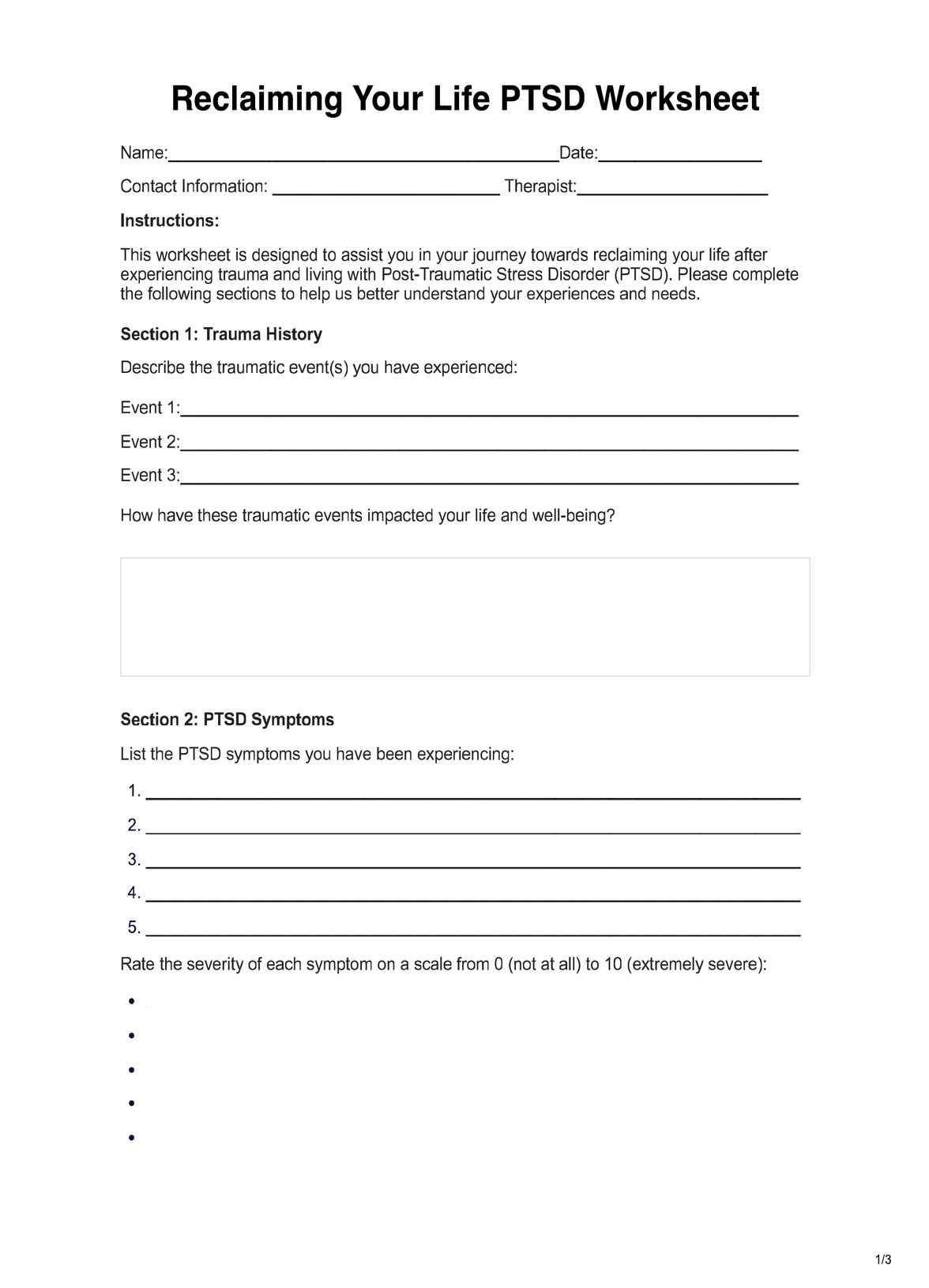
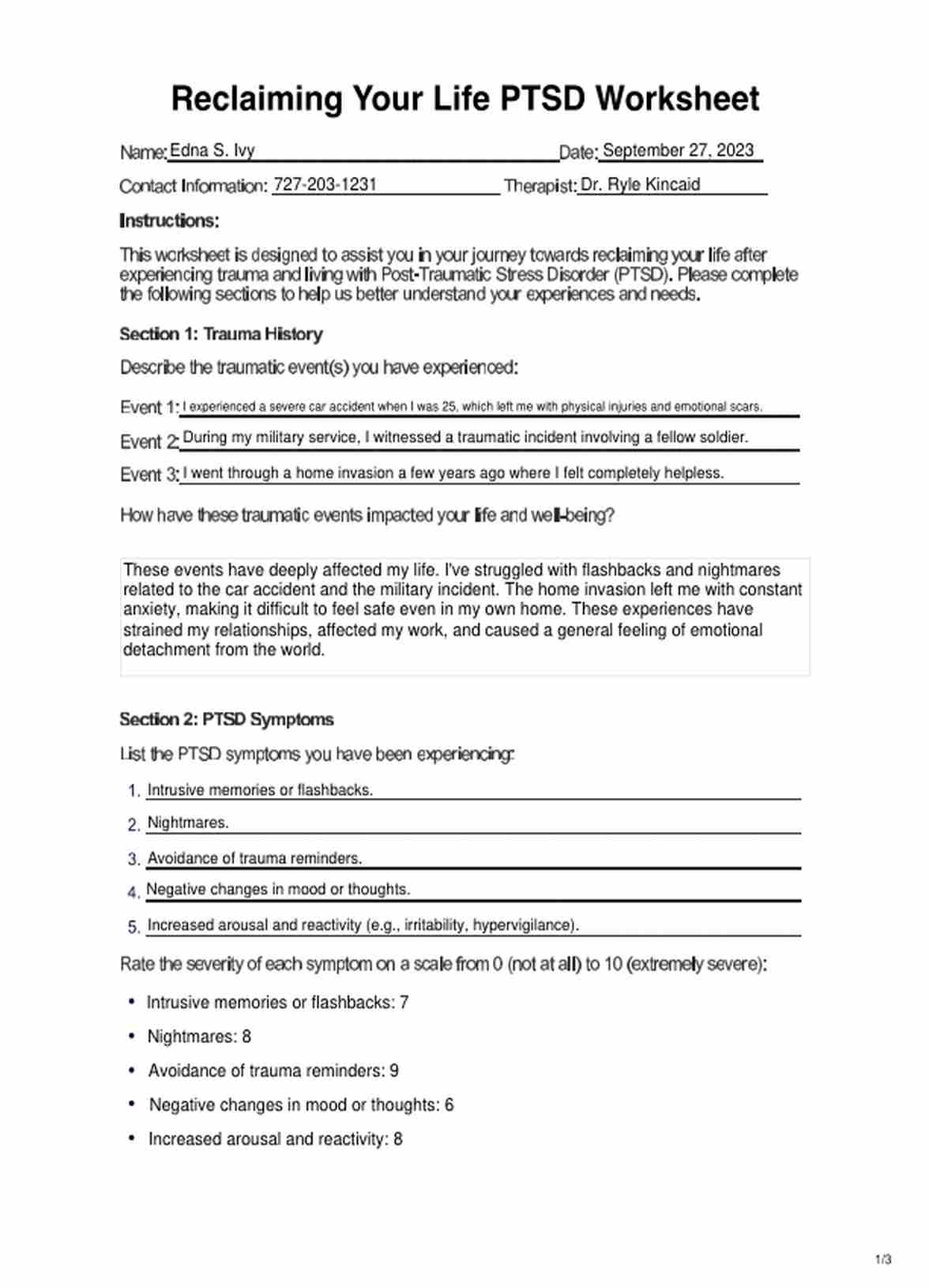
















-template.jpg)




















































































